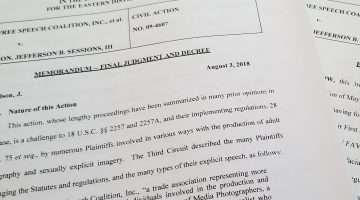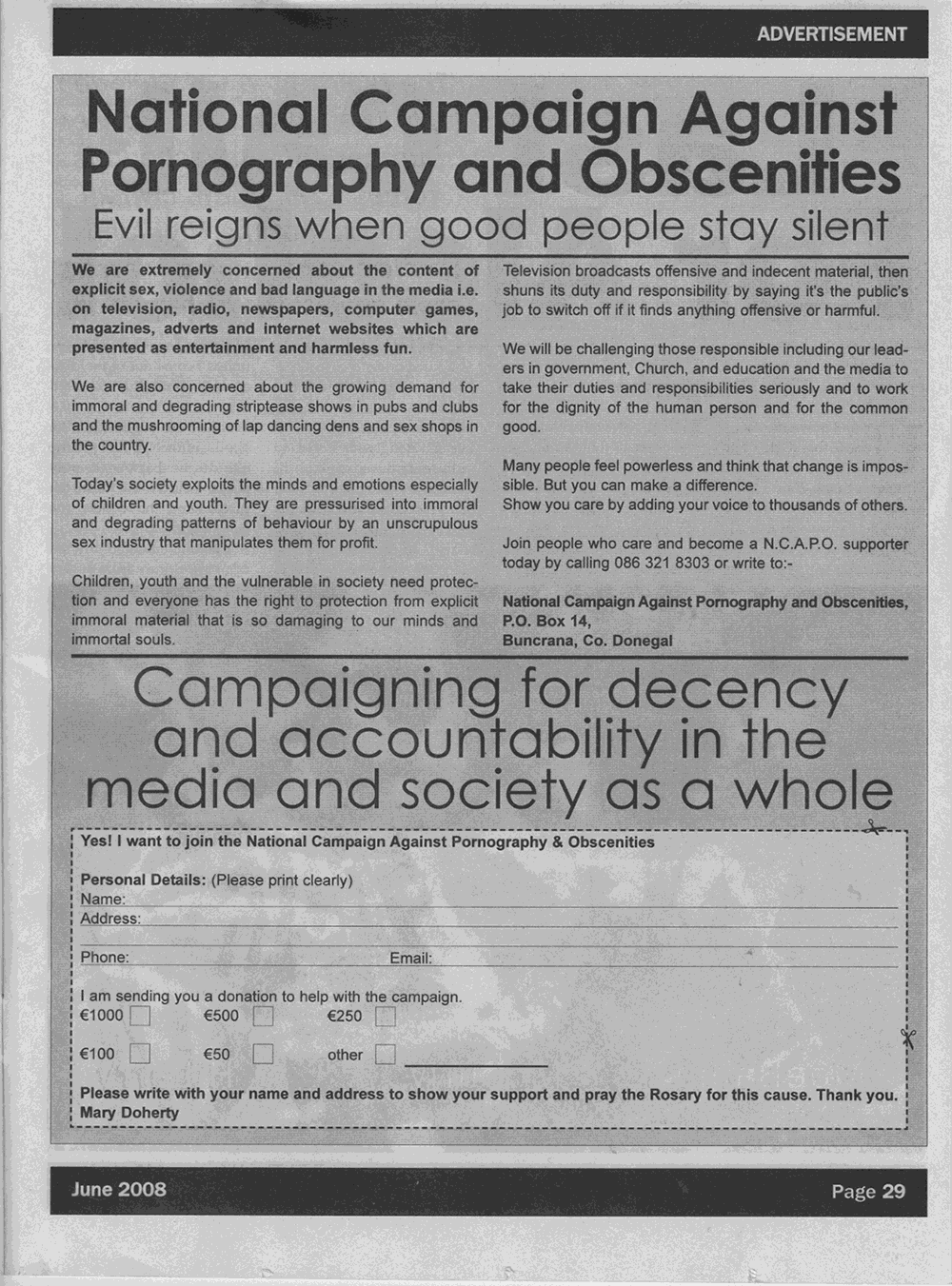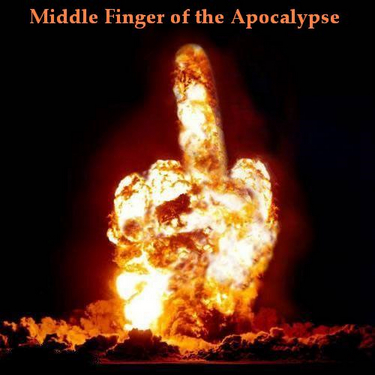 I really hate flogging a horse as dead as this one, but The Wall Street Journal obviously did not get the memo, delivered years ago, that pornography and obscenity do not mean the same thing. One is legal, the other isn’t. It’s an important distinction.
I really hate flogging a horse as dead as this one, but The Wall Street Journal obviously did not get the memo, delivered years ago, that pornography and obscenity do not mean the same thing. One is legal, the other isn’t. It’s an important distinction.
In a WSJ Private Equity Beat blog post titled, Another View On How Private Equity Is Like Pornography, Laura Kreutzer writes about the Dow Jones Private Equity Analyst Limited Partners Summit 2009 conference in New York, and a panel discussion with investors still interested in investing in solid private equity funds.
“The trouble is figuring out who those managers are,” wrote Kreutzer. “These limited partners confessed that identifying A-plus managers amid the economic dislocation has gotten trickier. They seemed to say that the ability to pick a good manager rests a large bit on experience, and a little bit on alchemy.”
Then Kreutzer cites Andrew Kwee, a principal at European fund-of-funds manager LGT Capital Partners AG, who “agreed but chose a slightly different analogy to make his point, citing former Supreme Court Justice Potter Stewart’s definition of pornography.
“I can’t define it but I know it when I see it,” Kwee said.
But that is wrong. Stewart was talking about obscene, not pornographic, material. We do not know from the post whether Kwee was actually referring to pornography or not, but it is clear that Kreutzer, in phrasing the headline with the same mistake, does not know what Justice Potter actually said, or why.
The famous phrase, rarely reprinted in its totality, comes from Jacobellis v. Ohio (1964), “I shall not today attempt further to define the kinds of material I understand to be embraced within that shorthand description; and perhaps I could never succeed in intelligibly doing so. But I know it when I see it, and the motion picture involved in this case is not that.” [Bold added]
According to Wikipedia, the phrase, which people now use frequently in every-day conversation, is used to categorize “an observable fact or event, although the category is subjective or lacks clearly-defined parameters.”
The irony in the evolution of the meaning of the term, of course, is that Justice Potter was trying to explain why the material in question was not obscene, and not why it was. Because the clarifying phrase, “… and the motion picture involved in this case is not that,” is so rarely mentioned, the vast majority of people use I know it when I see it affirmatively, as did Mr. Kwee, in his confidence about spotting a good equity funds manager.
I suppose it may seem picayune to bring this up, and I am sure Ms. Kreutzer would think I am splitting hairs, but the distinction actually matters a lot in an atmosphere where the enemies of free expression are doing everything they can to muddle, if not erase, the difference between obscenity and pornography.
For people, like me, who believe adults have a constitutional right to unfettered erotic expression, maintaining the distinction remains a serious issue, not only because words matter, but because damage may be done when they are confused, as they so frequently are, by the very people whose profession it is to clarify them.










No Comment